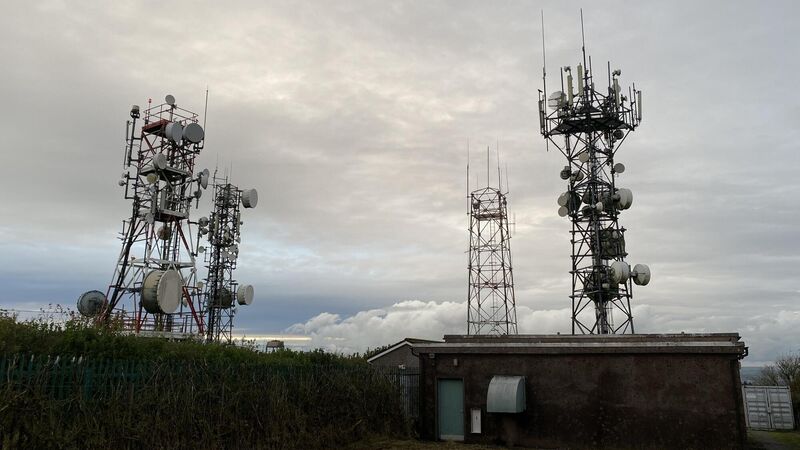Bill would remove right to appeal against telecoms mast licences

Under Section 254 applications, licences require no formal planning permission for construction. More recently, they have been used for the installation of mobile signal-boosting masts. Picture: Larry Cummins
Opponents of controversial telecommunications masts will not be able to appeal the granting of licences for them under planning laws currently before the Oireachtas.
The Department of Housing’s 780-page draft bill only allows appeals in such cases - known as Section 254 applications - where the licence has been refused.










